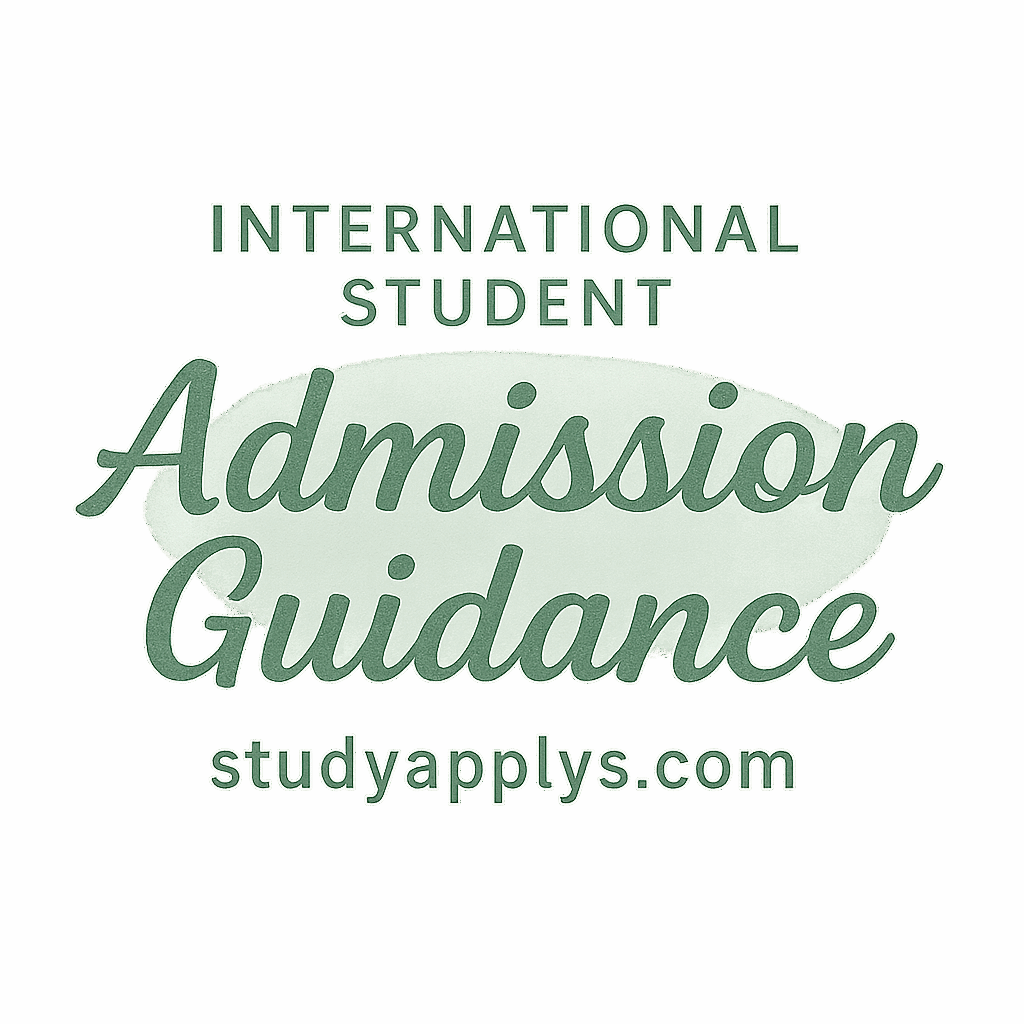If you’re an international student gearing up for university admissions, here’s one reality check: vocabulary isn’t just for English class—it’s a deal-breaker in your student admission guidance journey. Whether you’re drafting that perfect statement of purpose or trying to impress during an interview, the words you choose matter. A lot.
So, let’s explore 8 vocabulary building hacks that will not only help you stand out—but actually get admitted.
Why Vocabulary Matters in the Admission Process
The Role of Language in Academic Success
Admissions officers aren’t just evaluating your grades. They’re reading between the lines—literally. The way you articulate goals, describe experiences, and express motivation all depends on how strong your vocabulary is.
A richer vocabulary = better clarity, confidence, and credibility.
First Impressions Count: Vocabulary in Interviews
Imagine this: You’re in a virtual interview. You say, “I want to go to your school because it’s nice.” Or you could say, “The university’s interdisciplinary approach and research-centric programs perfectly align with my academic aspirations.”
See the difference?
The vocabulary you use during interviews or essay writing can shape how you’re perceived—polished, thoughtful, and ready.
Hack #1: Read What Admission Officers Read
Explore Blogs, Reports, and University Materials
Let’s be honest: you won’t magically absorb high-level words from Instagram captions. What you need is immersion in content that admission officers create, read, and recommend.
Start with:
- Admission blogs from top universities
- Reports from education portals
- University brochures
Focus on sections about program descriptions, scholarship requirements, and application procedures.
📎 Internal Link: Application Preparation
Hack #2: Create a Personal Admission Vocabulary Journal
Track & Master Admission-Related Keywords
This isn’t your high school vocab list. Start a digital or physical journal where you:
- Write new words you encounter (e.g., “extracurricular,” “proficient,” “meritorious”)
- Include definitions, example sentences, and synonyms
- Use the words in your own personal statement drafts
Doing this consistently builds not just vocabulary, but also confidence in using it.
Hack #3: Use Language Apps with a Focus on Academic Vocabulary
Quizlet, Anki, and More
If you’re glued to your phone (who isn’t?), use it smartly. Apps like Anki, Memrise, and Quizlet offer decks dedicated to:
- TOEFL/IELTS vocabulary
- Academic writing
- Scholarship applications
Some even let you create custom flashcards with audio and visuals. Perfect for students juggling a million prep tasks.
📎 Internal Link: Test Language Prep
Hack #4: Learn Through Sample Essays & Statements
How Real Essays Teach Real Vocabulary
Why reinvent the wheel? Look up sample essays, recommendation letters, and SOPs from successful applicants. Highlight every strong word or phrase that stands out.
Examples:
- “Rigorous curriculum”
- “Foster global collaboration”
- “Demonstrated aptitude in…”
Then, try to rewrite sections of your own essay using similar language patterns.

📎 Internal Link: Documentation Requirements
Hack #5: Engage in Mock Interviews with Word Goals
Vocabulary Practice Meets Real-Time Pressure
Mock interviews are gold. But if you’re not using them to improve your vocab, you’re missing out.
Here’s how:
- Set a goal to use 5 new words per interview
- Record the session
- Rewatch and note how naturally (or awkwardly) you used the words
Over time, it becomes second nature.
📎 Internal Link: Mock Interview
Hack #6: Surround Yourself with Admissions Language
Passive Learning via Podcasts, YouTube, and More
Turn your downtime into language time. Listen to:
- Student admission podcasts
- University application YouTube videos
- Study abroad discussion panels
Even if you’re not actively writing or reading, you’re picking up vocabulary and phrasing. This is called passive vocabulary acquisition—and it works like a charm.
Suggested tags:
Tag: Preparation
Tag: Guidance
Hack #7: Practice Paraphrasing Complex Ideas
Strengthening Synonyms & Sentence Flow
Take a sentence from an academic source and challenge yourself to rewrite it using different words but the same meaning.
For example:
Original: “The program aims to cultivate critical thinking and analytical skills.”
Paraphrased: “This course is designed to enhance students’ ability to think critically and analyze complex issues.”
Boom. You just learned three new ways to say the same thing. This is a core strategy used in tests like IELTS.
📎 Internal Link: Tag: Test
Hack #8: Use Admission Guidance Resources Regularly
Leverage Online Platforms like StudyApplys
You’re not alone in this journey—and thankfully, there are websites made just for students like you.
On StudyApplys, you’ll find:
- Application tips
- Visa & immigration help
- Post-admission steps
- Vocabulary-specific guidance
Set a weekly reminder to visit these resources. Not only do they improve your vocabulary—they prep you for every admission phase.
📎 Internal Links:
Post Admission Steps
Visa & Immigration
Tag: Admission Guidance
Conclusion: Vocabulary is Your Secret Weapon
Let’s wrap this up.
If you’re serious about getting accepted to your dream school, vocabulary building isn’t optional—it’s essential. These 8 student admission guidance hacks will not only help you write better essays and nail interviews, but they’ll also give you an edge most applicants overlook.
Start slow, stay consistent, and treat every new word like a key to your future.
7 FAQs About Vocabulary Building for Admission
1. How many new words should I learn each week?
Aim for 10–15 academic or admission-related words per week. Slow and steady wins the race.
2. What’s the best way to remember complex academic vocabulary?
Use spaced repetition apps like Anki or Quizlet, and write those words in your own essays.
3. Can I just memorize words from a TOEFL list?
Sure—but memorizing without using them in context won’t stick. Always apply what you learn.
4. Are there specific words I should use in my SOP?
Absolutely! Use powerful words like “initiative,” “passion,” “leadership,” and “collaborate” to reflect personality and skill.
5. How can I improve vocabulary for interviews?
Do mock interviews with specific vocabulary goals. Record, review, refine.
6. Does watching English series or movies help?
Yes—but supplement it with academic resources to build formal vocabulary relevant to admissions.
7. Is StudyApplys a good platform for vocabulary building?
Yes! StudyApplys provides a ton of guidance across application tips, visa process, and documentation requirements with real-world vocabulary you’ll need.

